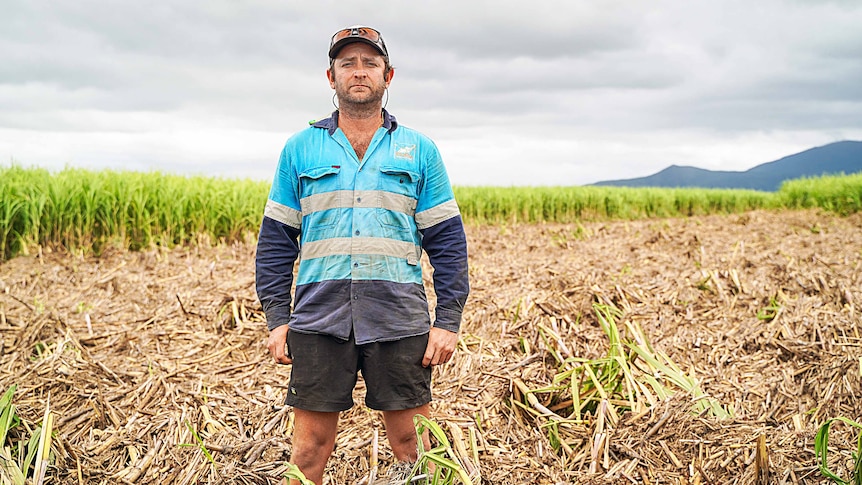In Queensland, a groundbreaking change in policy is revolutionizing the way farmers access critical disaster relief. Previously, agricultural support services like harvesting and mustering were excluded from the definition of primary production in the state. This exclusion had significant implications, as farmers who derived income from these services found themselves ineligible for essential disaster recovery assistance.
The old criteria had been criticized for its narrow scope, leaving out farmers with diversified operations, regardless of the extent of damage they faced. This exclusion was particularly challenging for those with small-scale or diversified farming ventures, limiting their ability to receive vital support in times of crisis.
However, a recent shift in Queensland’s definition of primary production has opened up new opportunities for farmers previously denied disaster relief. This change now considers income from agricultural support services as part of primary production, making a broader range of farmers eligible for recovery grants and assistance.
One such beneficiary of this policy adjustment is Luke Roveda, a harvesting contractor turned farmer who faced significant losses during the devastating flooding that hit the region. Despite the damage to his property and crops, he was initially deemed ineligible for assistance. However, with the revised policy in place, he can now access the support needed to rebuild and restore his farm.
This shift in policy reflects a more inclusive and modern approach to supporting farmers in times of crisis. By acknowledging the evolving nature of agricultural practices and the diverse income streams that sustain farming operations, Queensland is paving the way for a more resilient and supportive framework for disaster relief.
Minister for Primary Industries, Tony Perrett, emphasized the importance of this change in ensuring that all farmers, regardless of their income sources, have access to the assistance they need during challenging times. The recognition that off-farm income plays a crucial role in supporting farming endeavors underscores a progressive understanding of the realities faced by modern agricultural businesses.
While the revised policy has been met with widespread approval from farm groups and industry leaders, there are still voices expressing concerns about the potential limitations it may pose for certain farmers. Nick Holliday, a producer of pasture-raised eggs, pork, and beef, highlighted the need for disaster funding assessments to be based on need rather than arbitrary criteria related to off-farm professions.
The broader implications of this policy change extend beyond individual farmers to the agricultural sector as a whole. By recognizing the diverse income sources that sustain farming operations, Queensland is setting a precedent for other regions to adopt more inclusive and flexible approaches to disaster relief in the agricultural industry.
In conclusion, Queensland’s redefinition of farmers to expand access to disaster relief marks a significant step forward in supporting the resilience and sustainability of farming communities. By embracing a more inclusive and modern definition of primary production, the state is ensuring that all farmers have equal opportunities to recover and thrive in the face of adversity.









Leave feedback about this